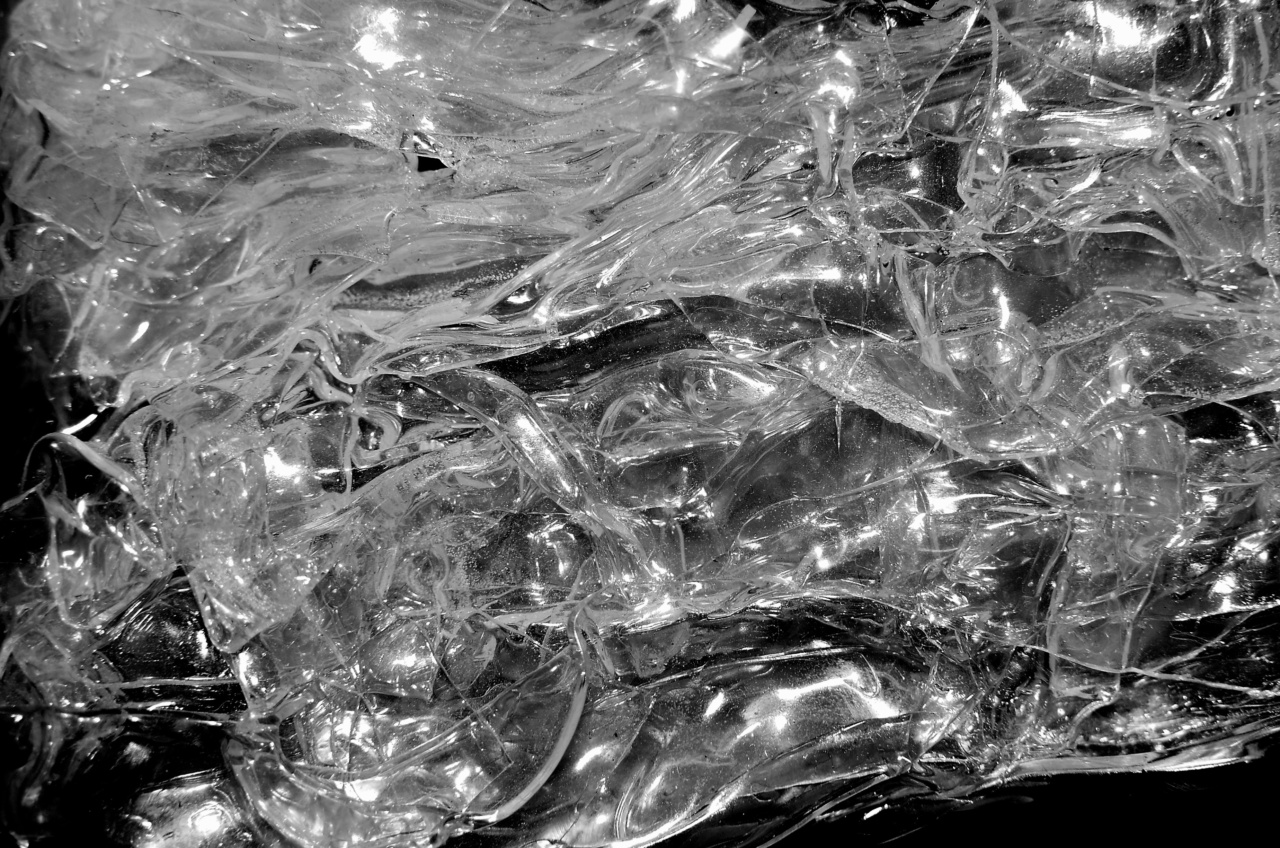It’s a commonly held belief that going out with wet hair will lead to catching a cold. Many of us have heard our parents or grandparents warn us against stepping out with a damp head.
But is there any truth to this claim? In this article, we’ll explore the science behind this phenomenon and debunk the myth of getting a cold from wet hair.
What Causes the Common Cold?
Before we dive into the topic of wet hair and colds, let’s first understand what causes the common cold. Contrary to popular belief, colds are not caused by being exposed to cold weather, although cold weather can exacerbate symptoms.
Colds are actually caused by a viral infection of the upper respiratory tract. The most common culprits are rhinoviruses, coronaviruses, and adenoviruses.
Colds are highly contagious and can be spread through contact with infected people, contaminated surfaces, and even through the air. Once the virus enters the body, it can take up to two weeks for symptoms to appear.
These can include a runny or stuffy nose, cough, sore throat, headache, and sometimes fever.
The Relationship Between Wet Hair and Colds
It’s a myth that going out with wet hair will give you a cold. While being exposed to cold weather can lower your immunity and make you more susceptible to contracting a cold, there is no direct link between wet hair and colds.
The reason why this myth persists is likely due to the fact that colds are more prevalent during the winter months. During this time, people are more likely to go out with wet hair due to the colder weather.
However, it’s exposure to the virus that causes colds, not exposure to cold weather or wet hair.
Why Being Cold Doesn’t Cause Colds
While exposure to the cold doesn’t directly cause colds, there may be some truth to the claim that being cold can make you more susceptible to catching a cold.
When your body is exposed to cold temperatures, it responds by constricting blood vessels in the extremities to conserve heat. This can cause a temporary decrease in immunity, making you more vulnerable to infections.
However, studies have shown that being cold does not necessarily lead to catching a cold. In a study conducted in the 1960s, volunteers were exposed to a cold environment and then given a dose of the common cold virus.
The results showed that there was no significant difference in the number of people who became infected compared to the control group who were not exposed to cold temperatures.
How Colds are Spread
As mentioned earlier, colds are caused by a viral infection and spread through contact with infected people, contaminated surfaces, and even through the air.
When an infected person coughs or sneezes, droplets containing the virus are released into the air. These droplets can land on surfaces and be picked up by others who touch them.
Additionally, the virus can be spread through close contact with infected individuals. This includes things like shaking hands, kissing, or hugging.
Preventing the Spread of Colds
The best way to prevent the spread of colds is to practice good hygiene. This includes washing your hands frequently with soap and water, especially after being in contact with infected people or surfaces.
Avoid touching your face with unwashed hands, as this can introduce the virus into your body.
If you are sick with a cold, stay home and avoid contact with others. Cover your mouth and nose when coughing or sneezing, and dispose of used tissues properly.
Avoid sharing personal items like towels, utensils, and cups with others, as these can spread the virus.
Conclusion
In conclusion, there is no scientific evidence to support the claim that going out with wet hair will give you a cold.
Colds are caused by a viral infection and are spread through contact with infected people, contaminated surfaces, and even through the air. The best way to prevent the spread of colds is to practice good hygiene and avoid contact with infected individuals.































